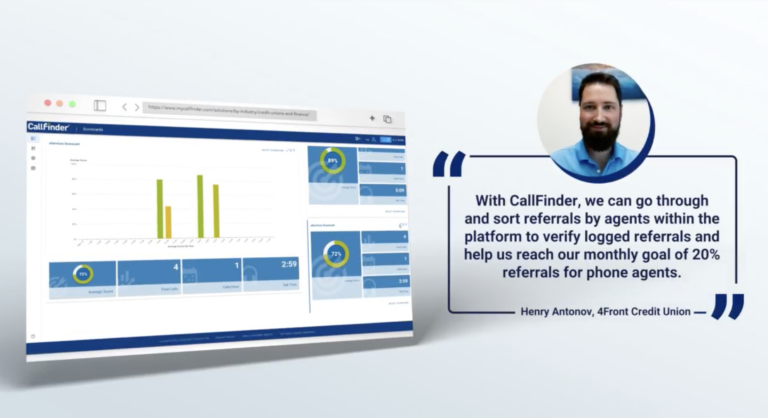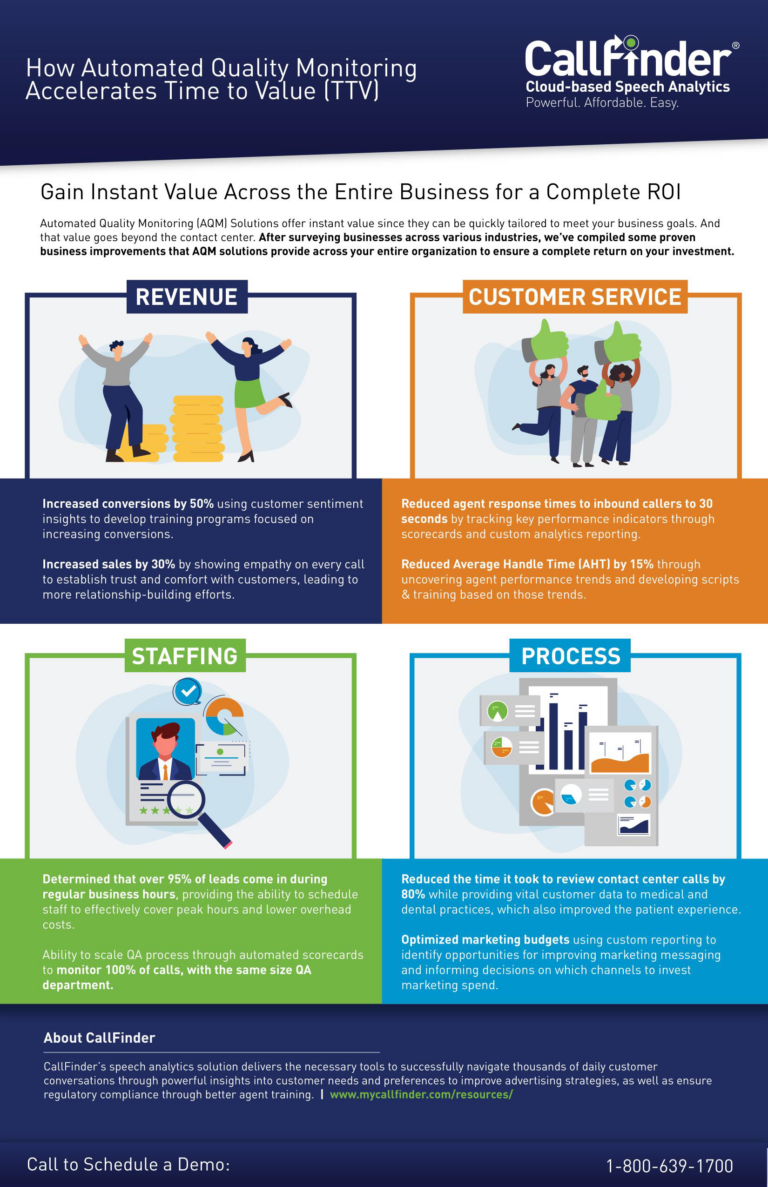While it’s important to meet certain business expectations, such as sales and fulfillment quotas, it’s just as important to meet customer expectations. In fact, the customer experience is critical to any business’s success. That’s why meeting and even exceeding customer expectations should be a top priority. Before we get into that, let’s look at the challenges of dealing with angry customers and why they’re so angry in the first place.
Why Are Customers So Angry?
This question doesn’t have a simple answer. But think about it this way: How many times have you called customer service, livid about something you know isn’t the agent’s fault, but still feeling justifiably angry about a hidden fee, a mistake on your bill, or any other number of reasons? This is why creating a positive customer experience is so challenging for contact centers.
Customers rarely call contact centers because they’re happy. The vast majority of customers reach out to a business because they need to resolve an issue, or they are not satisfied with a service or produce. Best case scenario: the customer has a simple question with an easy answer or a problem with a simple solution.
But more often than not, these calls are more complex, and angry customers often take out their anger on the first point of contact – your agents. Dealing with irritated customers is a fact of life for contact center agents and can be quite stressful for everyone involved. Here are 3 simple tips on the best ways to guarantee all parties are happy at the end of even the most contentious phone calls.
Be Patient
When customers call a business feeling extremely frustrated, they often raise their voices to agents and repeatedly interrupt them when the agents are only trying their best to help. While it is understandable that an agent may feel irritated in response to a customer’s antagonism, it is imperative that they remain calm and remember three important words: It’s. Not. Personal.
While many customers seem to direct their anger solely at the agent, the majority of the time it is simply their situation that causes customers to lash out. They feel powerless and need help, and the calmer the agent can be, the better they will be able to assess the situation and provide assistance. Even simply allowing the customer to let out their pent-up aggression without interjections can be beneficial. Most customers need that catharsis before they can listen to advice or suggestions from the agent. In the contact center, patience is not just a virtue – it’s an essential part of an agent’s performance.
Listen to the Customer
Listening to a customer’s questions or complaints may seem like an obvious part of an agent’s job, but many agents fall short of the practice. Too often an agent picks up on the problem and then simply waits for the customer to finish speaking so they can offer what they believe is the best answer. This often leads to tuning out the rest of the customer’s statement. Some agents may even interrupt a customer in order to quickly resolve the (perceived) issue.
But interrupting and tuning out customers leads to missing out on key pieces of information that could help your agents find an even more helpful solution. It can also frustrate a customer even further. Most people can detect when an agent isn’t listening, and everyone wants to feel heard. Therefore, it’s important for agents to practice active listening and wait until the customer finishes speaking before responding.
Then after the customer has concluded telling the agent everything they need to say, the agent should then summarize the situation to convey they have truly been listening to the customer and that they understand the issue. This ensures that the agent understands every detail of the situation and restores the customer’s faith in the agent’s abilities.
Convey Empathy
A customer who reaches out to a business with a problem wants to feel like they have someone on their side, rather than someone who is only looking out for the company’s best interest. That’s why conveying empathy is a key quality for any agent to have. By effectively demonstrating that they appreciate the customer’s feelings, your agents are more equipped to mollify an irritated customer and help them find the best solution.
Using call monitoring tools, such as speech analytics, can help detect which empathetic phrases are most effective in diffusing a tense situation. Using scorecards, call center managers can add these phrases to agent scripts. It is also important for an agent to learn the proper tone of voice to use when speaking to difficult customers. If an agent simply sounds like they’re reading from a script and says “I’m sorry” in a robotic and disinterested tone, they come across as insincere. This will inevitably make customers less inclined to believe the agent truly wants to help them. But a truly empathetic response can prove to be extremely useful in placating and assisting a customer.
While it may be impossible to placate every single angry customer, these tips can go a long way in helping agents soothe an argumentative caller. And businesses can also help their agents by empowering them with fast and efficient solutions to common problems, which can be extracted easily with speech analytics. When an agent is able to both help an agitated customer and make them feel better, everybody wins.











